
Tusheti - One Of Georgia’s Most Beautiful Regions
Tusheti, one of the most beautiful regions of Georgia, is located on the northern slope of the Caucasus Mountains. It is bordered by Dagestan to the east, Pshavi and Khevsureti to the west, Chechnya to the north, and Kakheti to the south.
It has been proved that there have been settlements on the territory of Tusheti since ancient times. Over time, the population began to migrate to the plain, due to various reasons. At present, the Tushetians living in Tusheti descend to the plain in winter, in particular, to the Akhmeta and Telavi regions. While the territories of Tusheti are used as summer pastures and seasonal habitations.
ARCHITECTURE
The visitors to Tusheti are delighted with its local architecture. In the villages, the group settlements are advantageous; in each village, there are several defensive and signal fortified towers, which were used as shelter during the invasions. Currently, residential fortresses have lost their function, the population began to redesign them into the new type of housing, as well as the construction of new types of houses with balconies.
Houses and fortified towers were basically erected with dry masonry of smooth stones and covered with tiled masonry of the same smooth stones; windows and balconies are made of carved wood, all of them have different balusters and shapes, each detail is a work of art, and altogether turns the village into a splendid and unique sight.
ROAD
The distance from Tbilisi to the administrative center of Tusheti, Omalo, is up to 200 km, and to cover this distance, you will need about 5-6 hours. Due to the complexity of the road, crossing the pass, which is called the Abano Pass, is only possible by an off-road vehicle. The road is usually open from late May to late September. Besides this route, you can get to Tusheti by different paths: one of the most interesting paths starts in Khevsureti and passes through the Atsunta Pass, which will make your trip more interesting, but also more difficult. Those who are fond of difficulties will definitely enjoy this route.
DIKLO
While traveling in Tusheti, in the village of Diklo, I talked to the local old woman Masho, who returns first to the village in early May, when the roads are still closed. She hurries to her homeland by the helicopter of the border guards. Considering her age, Masho looked great, she had energy, and she also stated that for 80 years she had never needed the help of doctors, and if she ever needed it, she would refuse, the only thing to which she would agree was taking painkillers. She had 3 children, 8 grandchildren and 5 great-grandchildren, and it was their love that gave her the strength to work so that over the summer she would stock up on a large number of natural supplies for the winter, and so that all children and grandchildren had enough cheese and Erbo (melted butter). In addition, she cultivates the land and grows vegetables such as beets, carrots, potatoes and says that the vegetables grown in Tusheti have a completely different color and taste. She explained her good health with the consumption of natural, self-grown, organic products, with only one exception: she could not refuse sausages (unfortunately, I did not have sausages with me, otherwise I would certainly serve her with her favorite product). It turns out that granny Masho does not waste her time even in the evenings: along with all of this above, she knits, sells her knitted socks and has additional income. One of her children also goes up in Tusheti in the summer and brings cattle. Masho is the last resident of Diklo; she is several kilometers away from the border. She has a very warm relationship with the border guards, as she said, they always support and help each other, depending on their needs. In winter, they return to the plain and lead an appropriate lifestyle.
SHENAKO
The village of Shenako is particularly beautiful as well. On an elevated hill in the village stands the Church of the Holy Trinity. Here, as in all other villages, people follow the traditions. Not far from the temple there is a place where residents go to the temple at Dgheoba (the religious festival), sacrifice animals and put their skulls and horns in a small niche; Apparently, people come here to pray - they light candles and, apparently, ask for mercy and help. It is forbidden for women to approach the place where the niche is located, the locals strictly follow this tradition and carefully observe so that if someone who does not know about it wants to visit this place, warn him about this tradition.
PARSMA
In the village of Parsma, which is another beautiful village in Tusheti, several fortresses and towers have been preserved, which makes the village even more charming. Traditions are also highly respected in this village. We visited Parsma during the feast of the Dormition of the Mother of God. The locals were celebrating it in accordance with their traditions, and we were also invited and asked to drink 3 glasses for praising God. The men stood separately and the guys were invited there, and the women with the children stood nearby and the ladies were invited to them. Traditionally, animals were sacrificed. Livestock for slaughter is brought not by the whole village, but by one of the families, though if others wish, they can also sacrifice their animals. The girl who invited us turned out to be a pleasant companion, and I became interested in their life. Unfortunately, I don’t know the girl’s name, because I forgot to ask her during the conversation. Cattle was sacrificed by her brother-in-law, along with him was her little daughter, who was three years old (she tried to show her age with all combinations of fingers and finally got the desired result), her name was Mali (in fact, Mariam, that's just how she pronounced her name), and they were also celebrating the feast. The place where the animals were slaughtered was in the center of the village, and here the place, which was fenced with wooden paling, aroused interest and in the middle, there were large flat stones, half-buried in the ground. For local residents, this is a holy place, it is called Khati ("Icon", shrine in Pshavi made of the stones) of a werewolf, and here, like all other shrines, women are forbidden to approach. Here only men pray, they sacrifice the animals and ask Khati for protection from all the troubles. There was a large sanctuary on an elevated hill in the village, and there were graves in front of it. As the girl mentioned, the value of a person depended on how close to the sanctuary his grave was. Women were also forbidden to approach this place, and despite permission from the clergies, they still follow their traditions and do not approach the sanctuaries. The graves of women were also in the cemetery near the sanctuary, but they were located outside the fence. The graves are different from those of the plains; on some of the graves stones were piled, similar to those from which niches are built, and on some, there were flat stones buried in the ground, on which names, surnames and the year of death were carved by hand.
As for Dgheoba, at first, they just slaughtered the cattle, later all the families brought what they had, set a large table and began to celebrate. There was also the opportunity to taste a beer made by the locals at the festival, which tastes amazing, but which we could not buy despite all our efforts.
In Parsma, as in other villages, residents are engaged in cattle breeding and sheep breeding, some just come to rest or bring their children; the government also helps them to arrange guesthouses, which are in great demand from tourists, but since local residents do not have enough funds, they use state funding.
The friendliness of the border guards toward tourists is also noteworthy; they try to provide all kinds of information to help, as they want more visitors in this region.
In my opinion, Tusheti is a must-see place. Each village is unique, and together they make Tusheti remarkable. In order to see the whole of Tusheti, it will take about 4 days by car; there are hotels in all villages, but if you prefer a tent, then there are many good places for a camp, and not even just good ones, but ideal; there is no problem with water either, so you can already start packing your backpack and hurry to Tusheti.
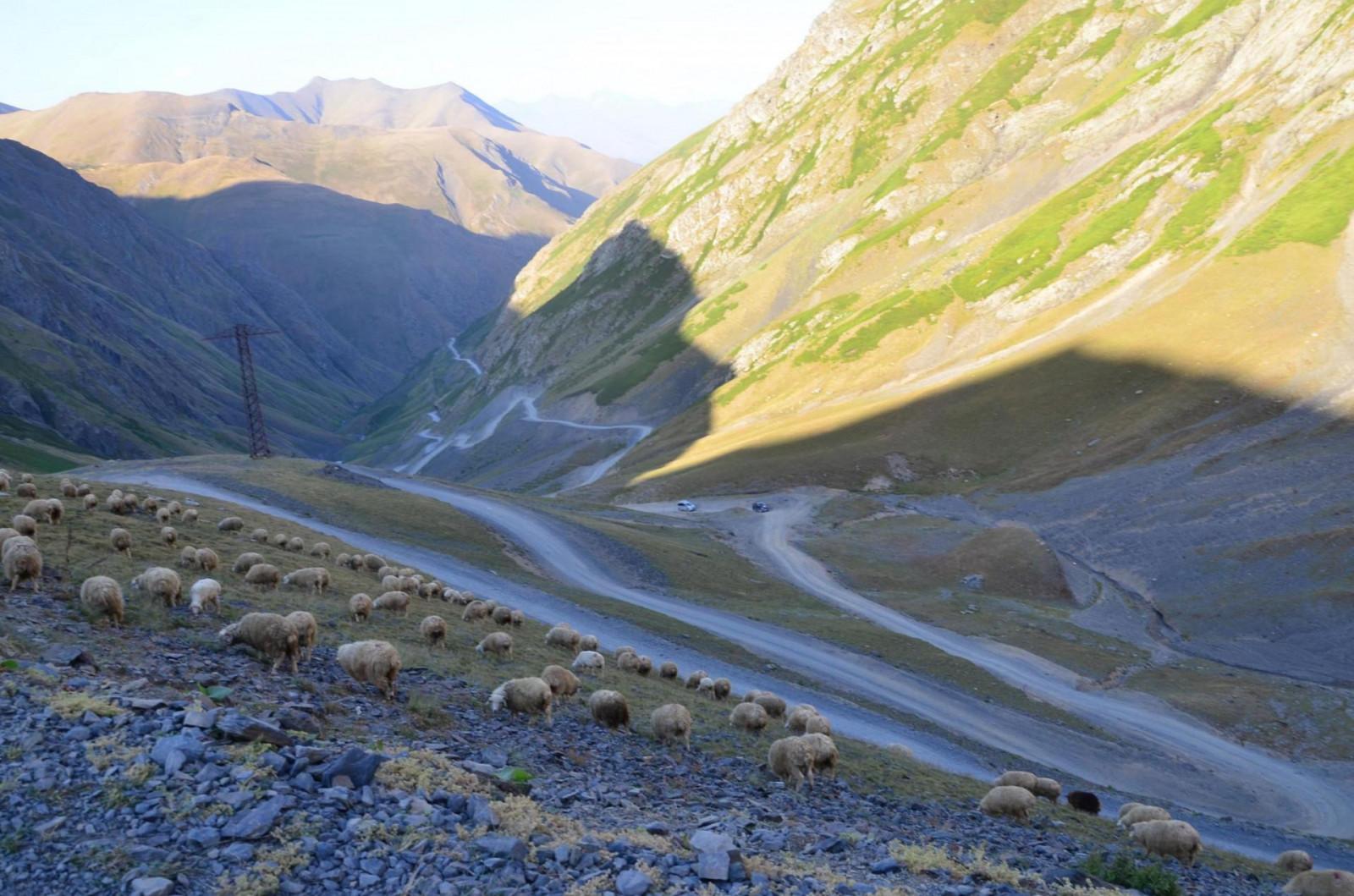
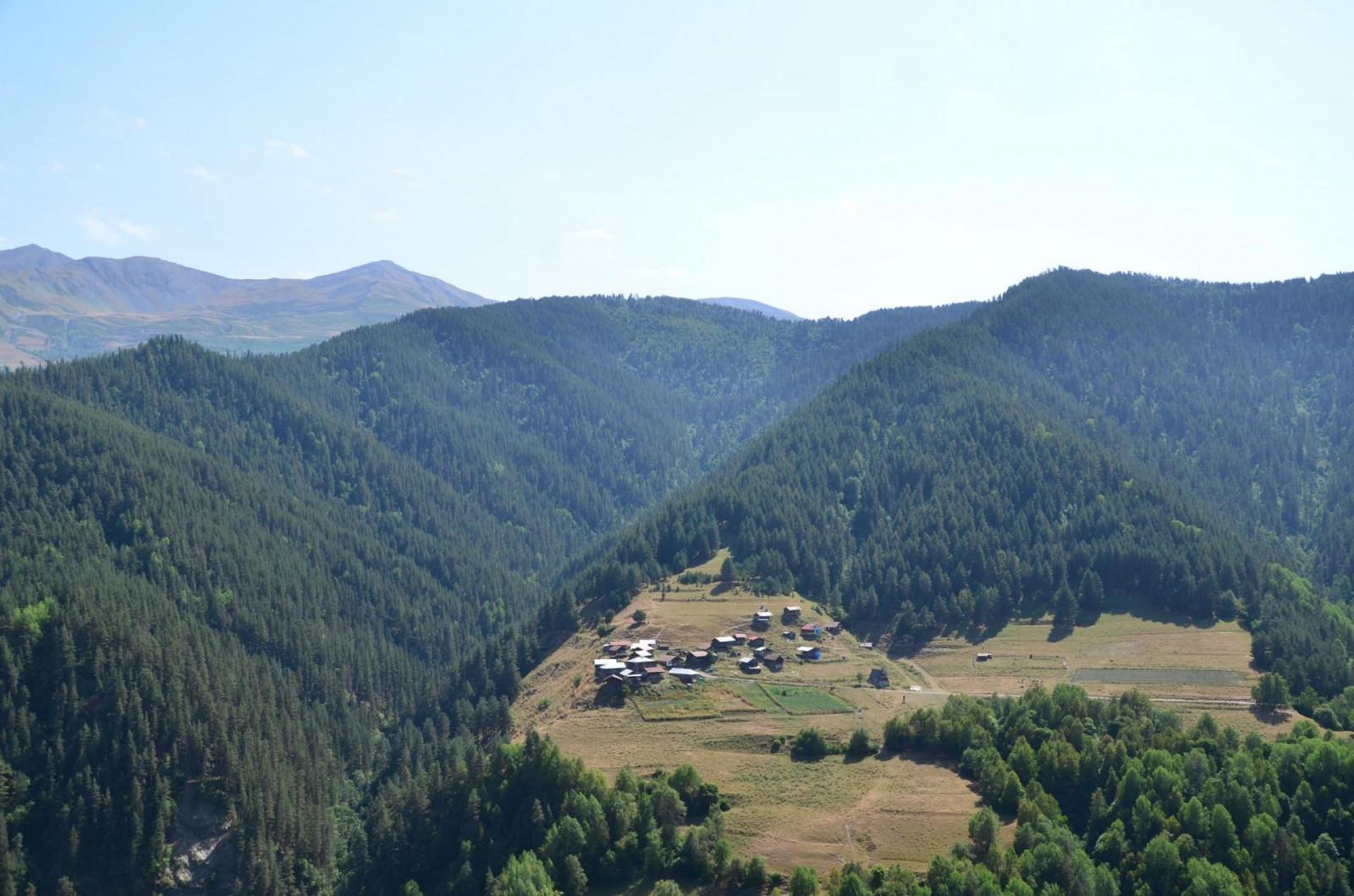
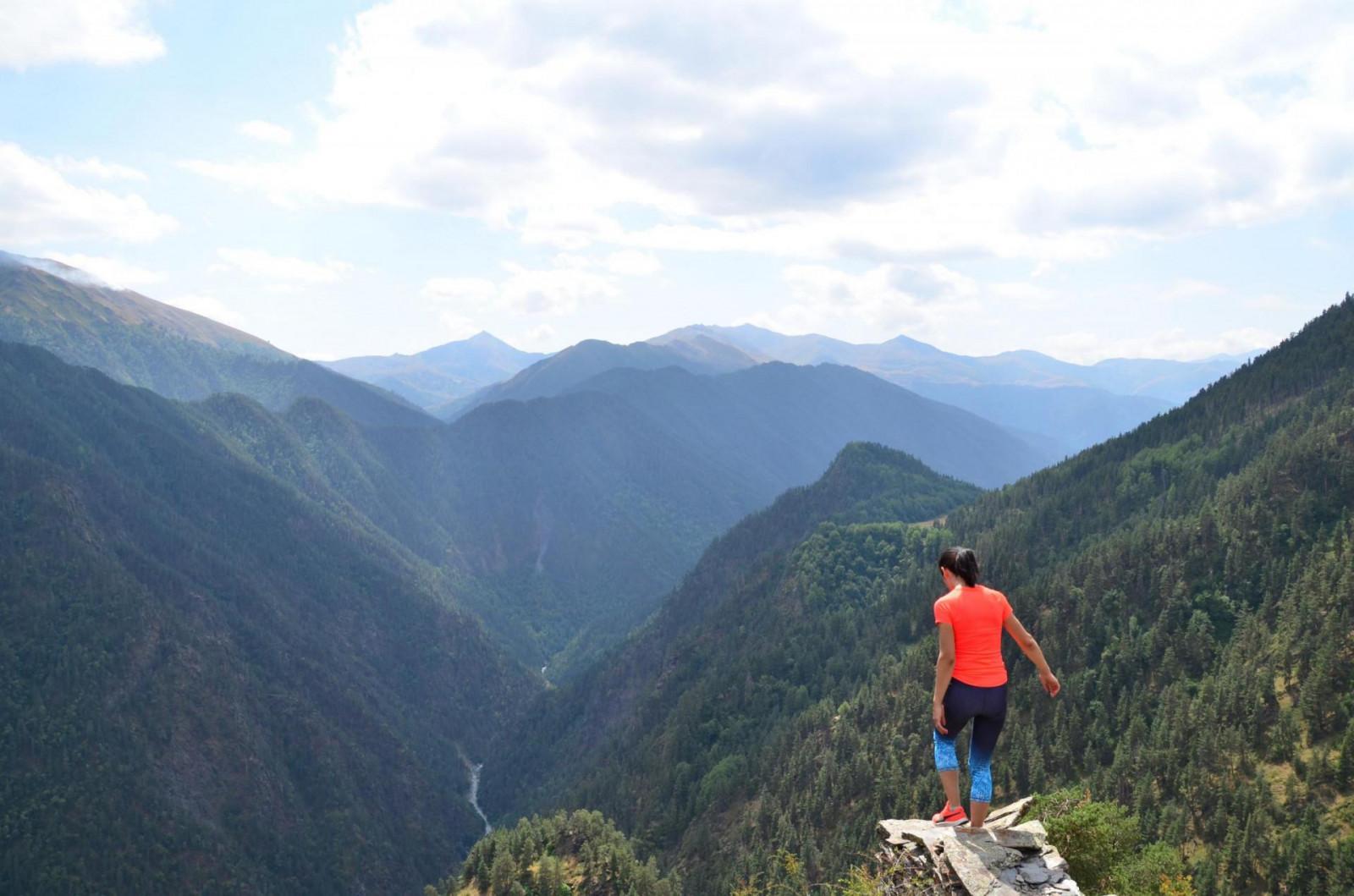
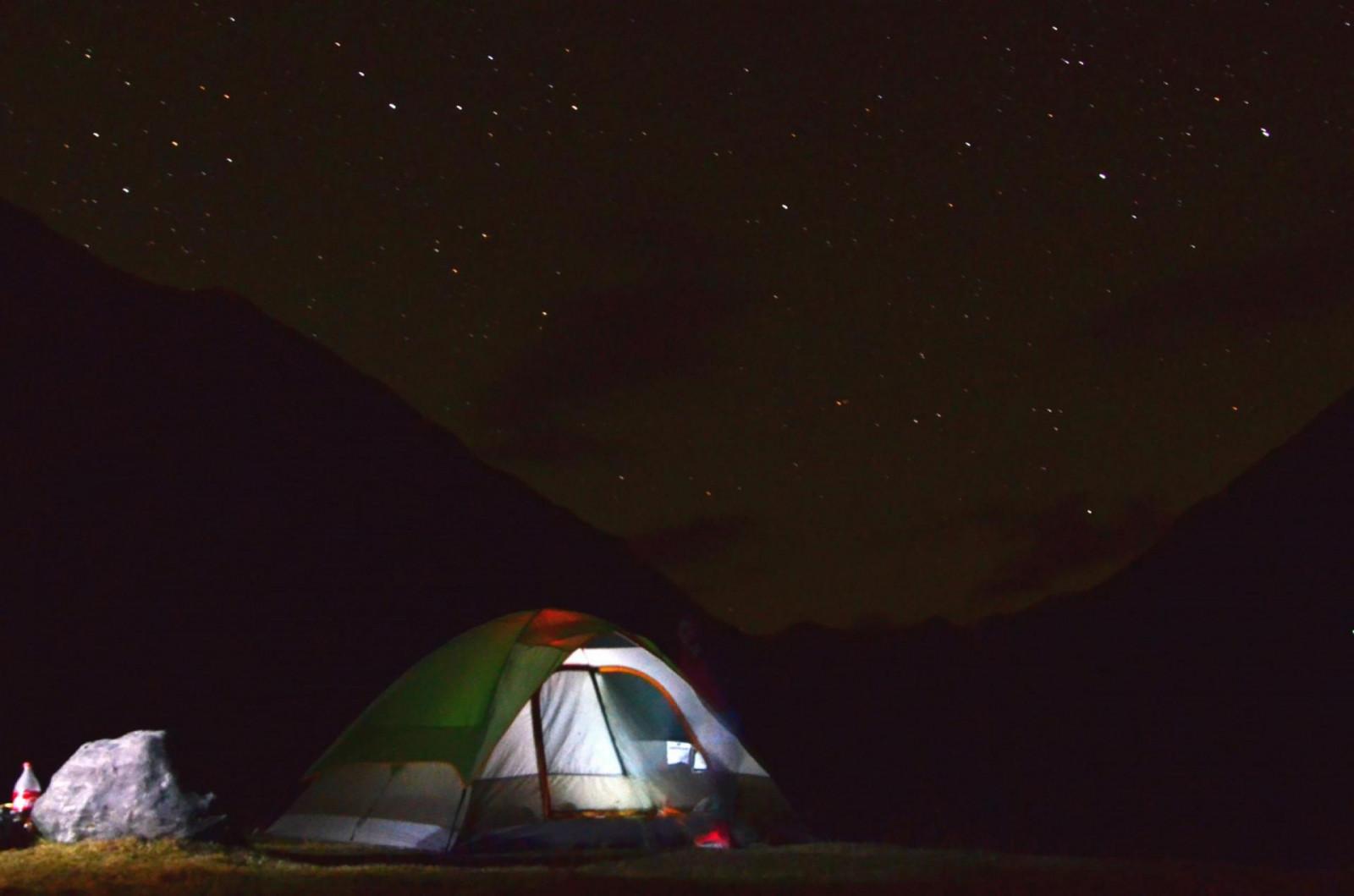
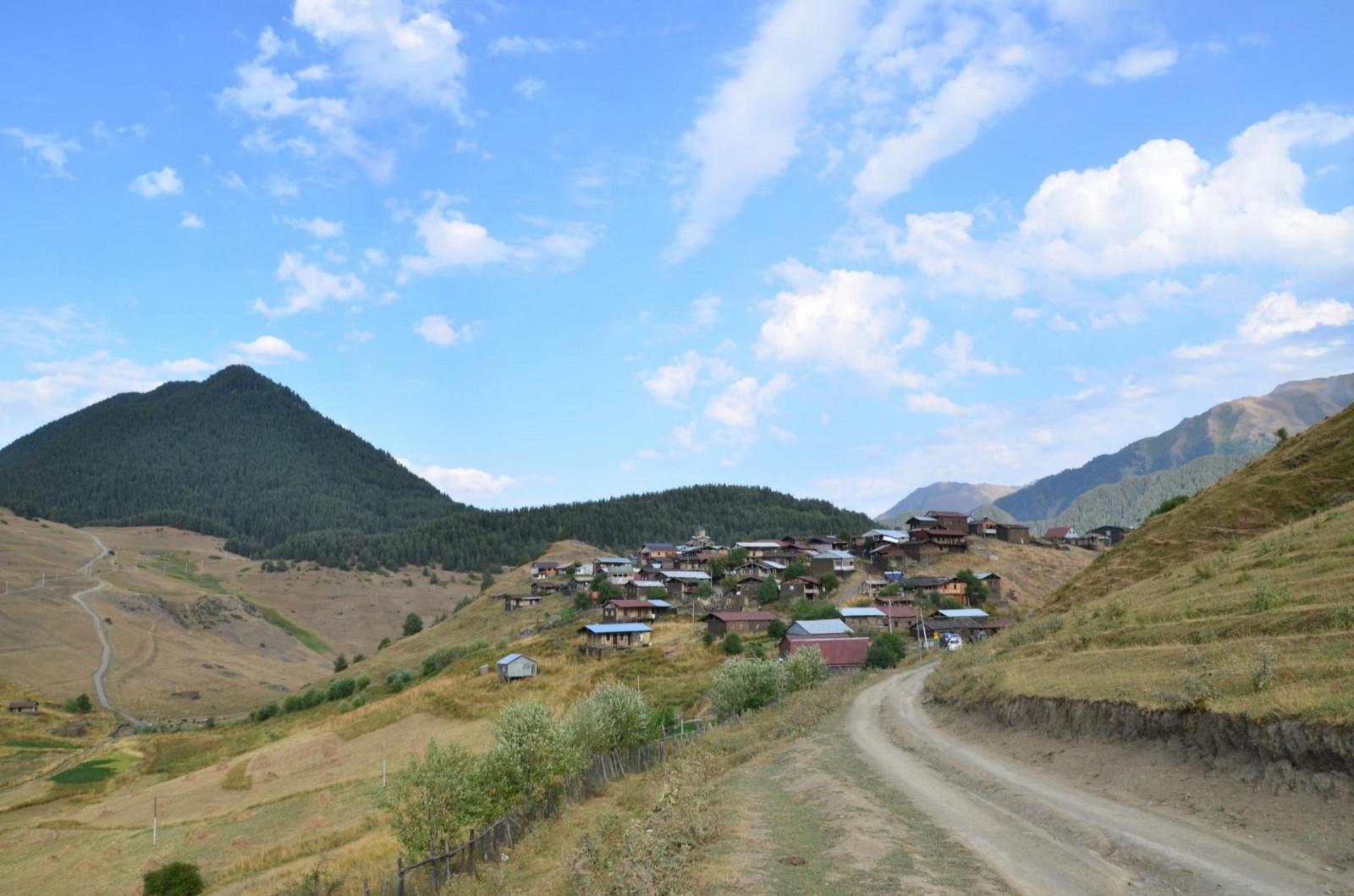
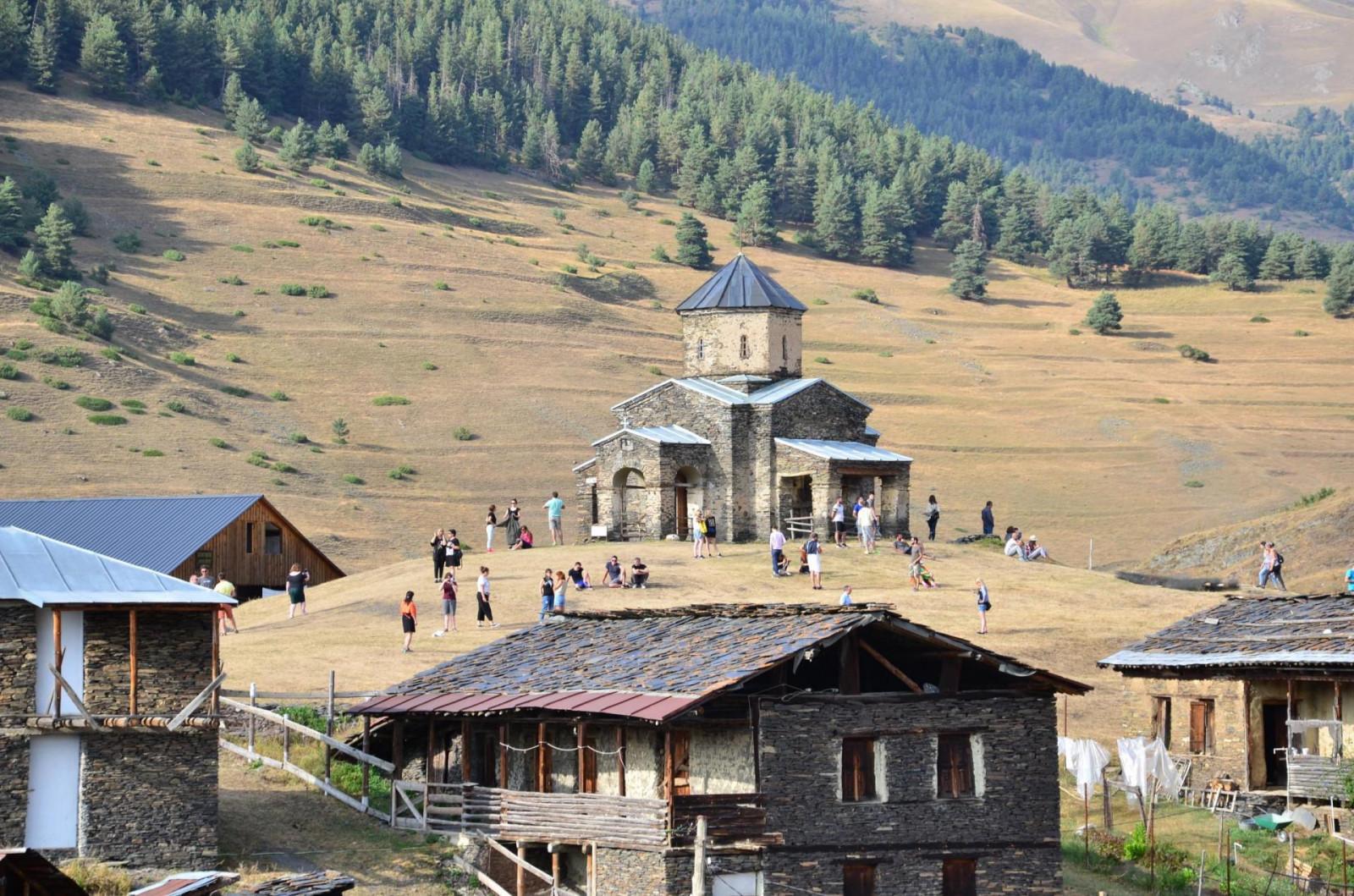
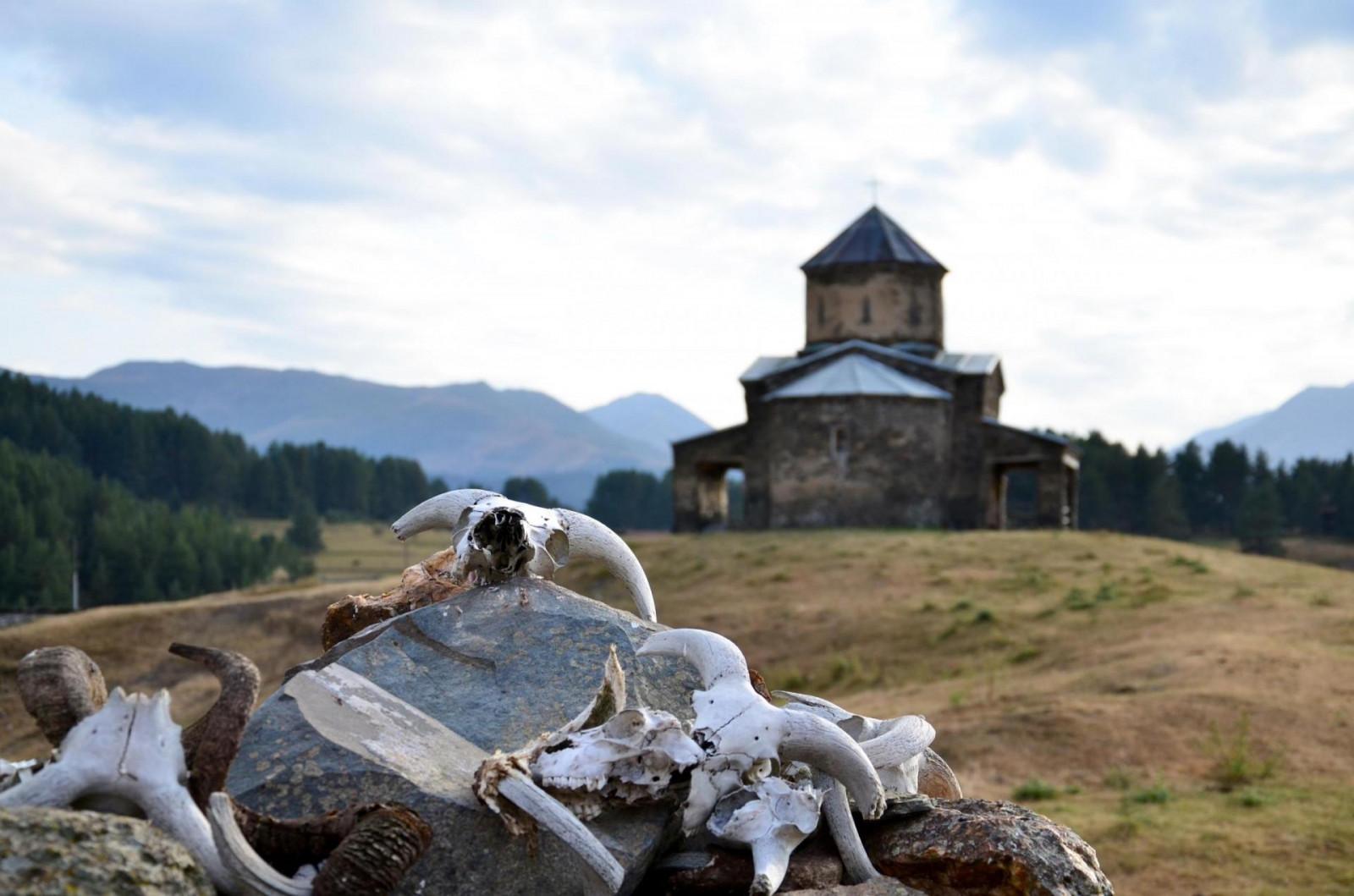
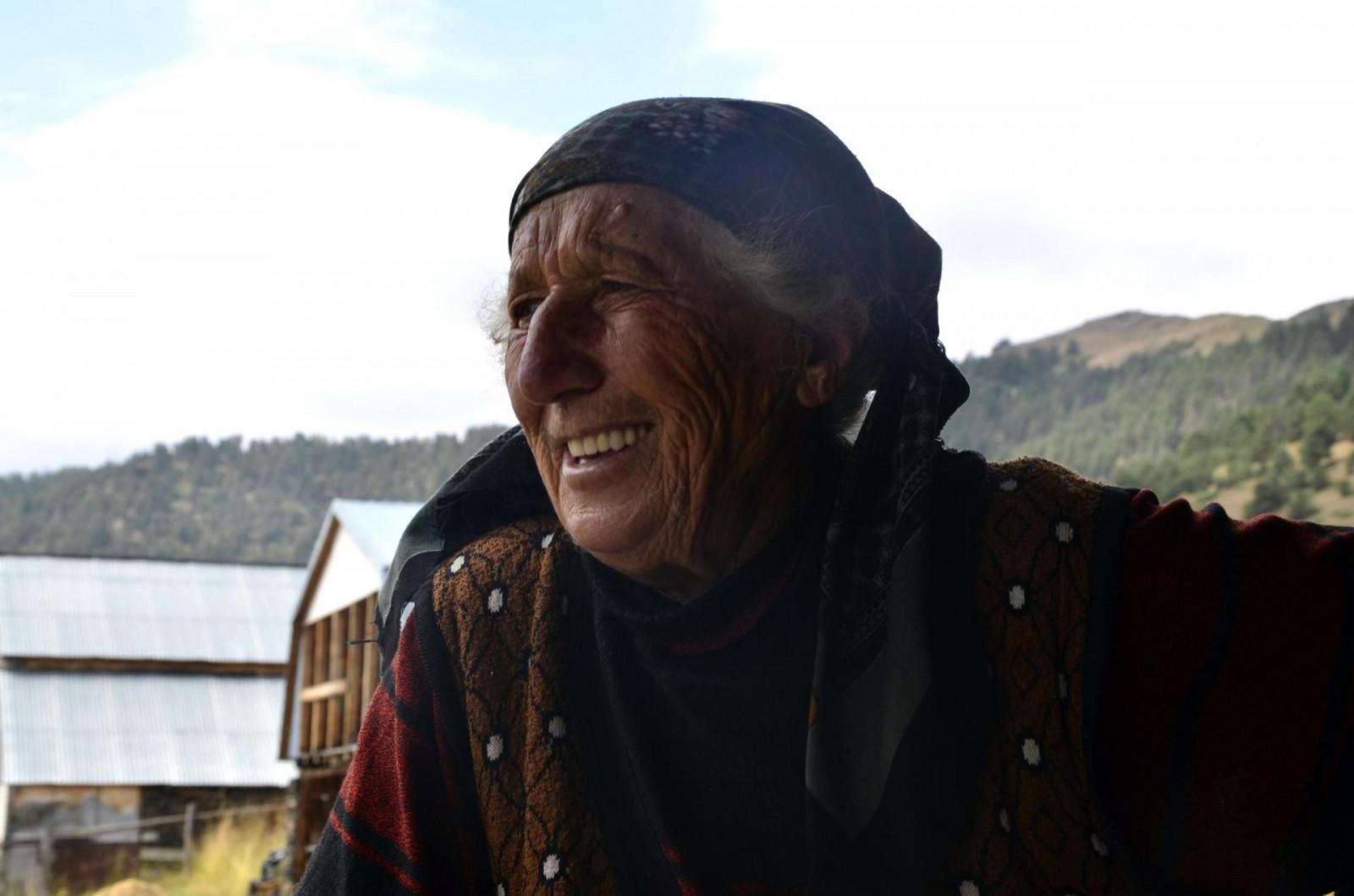
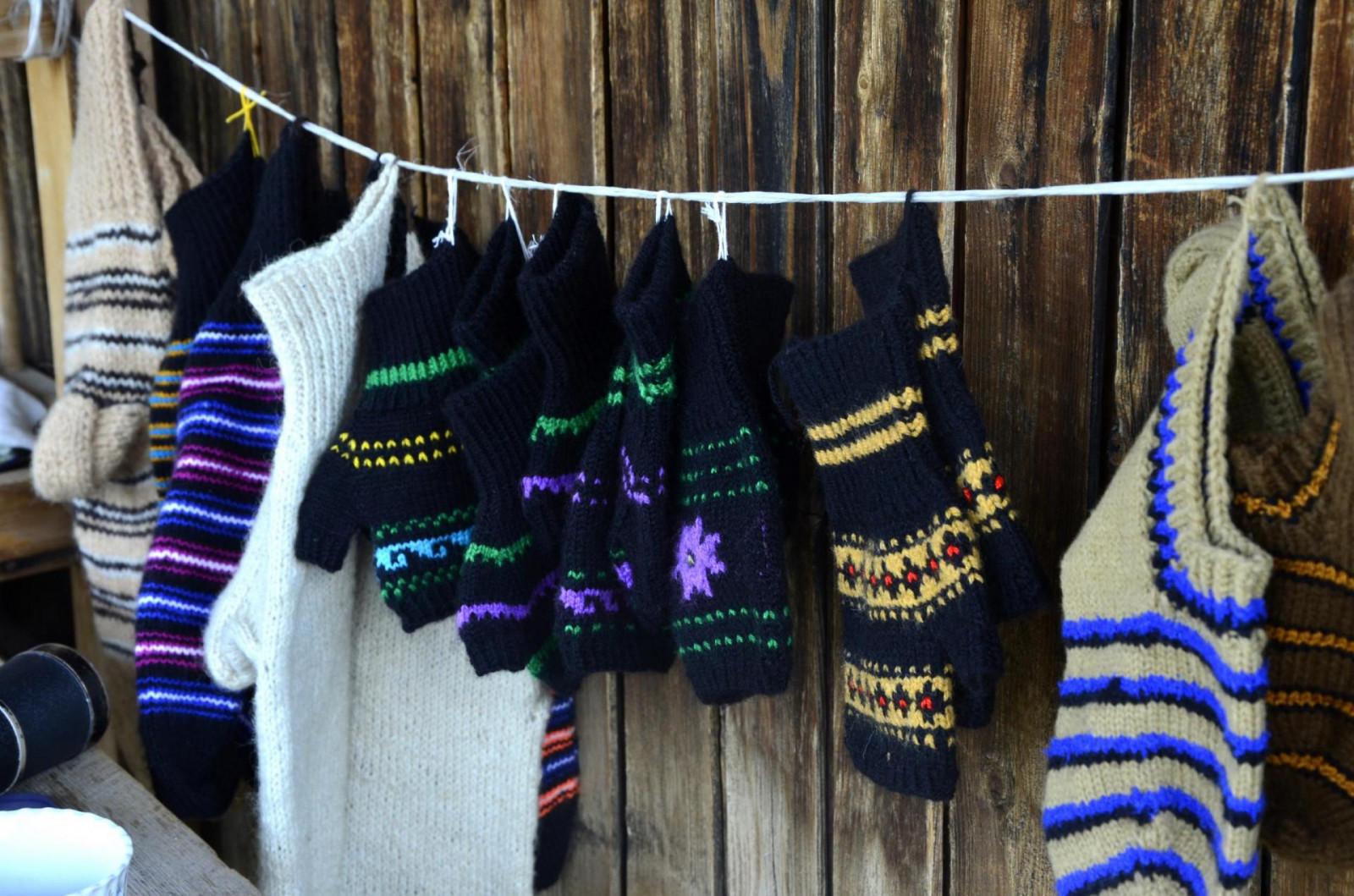
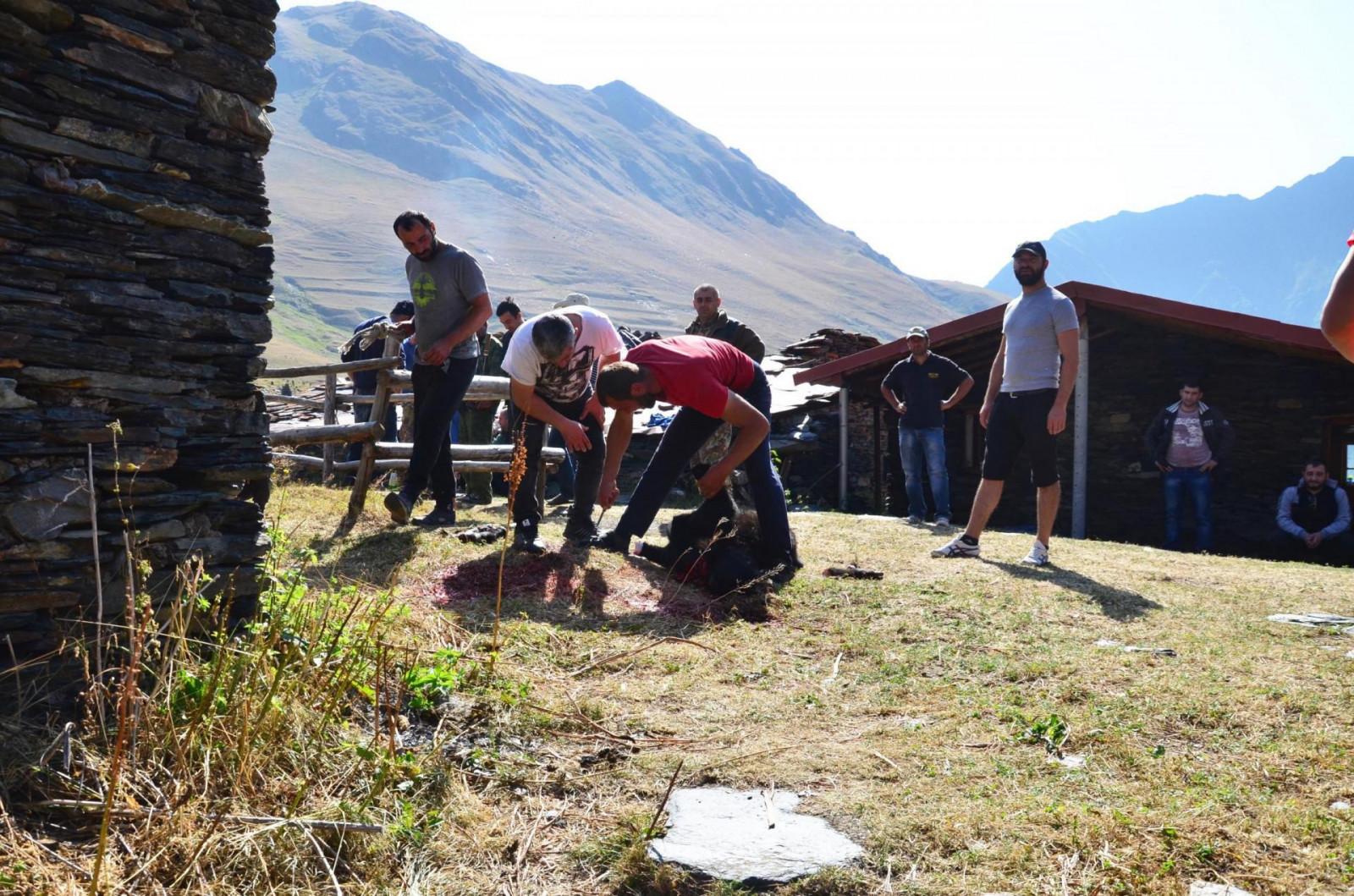
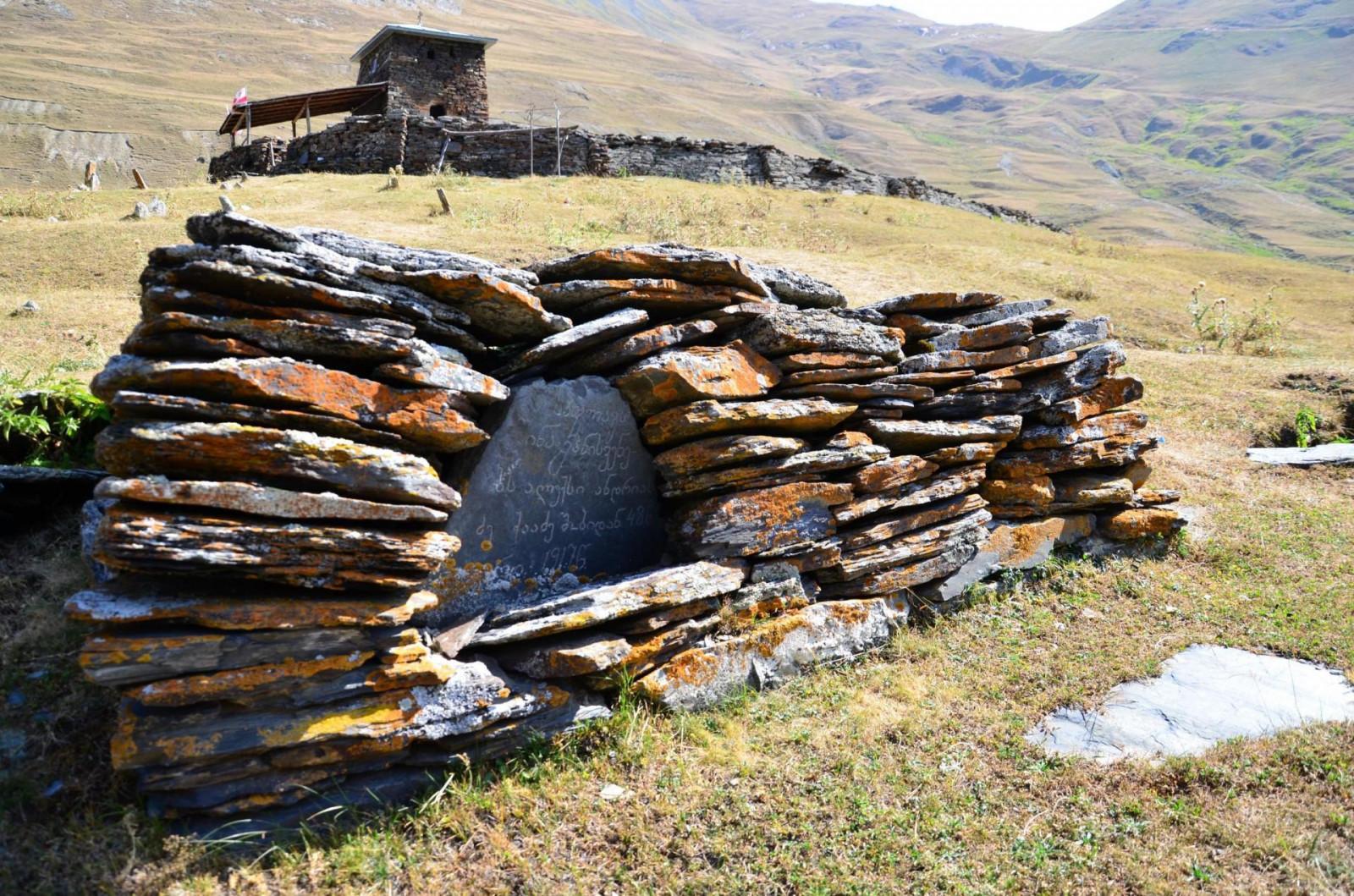
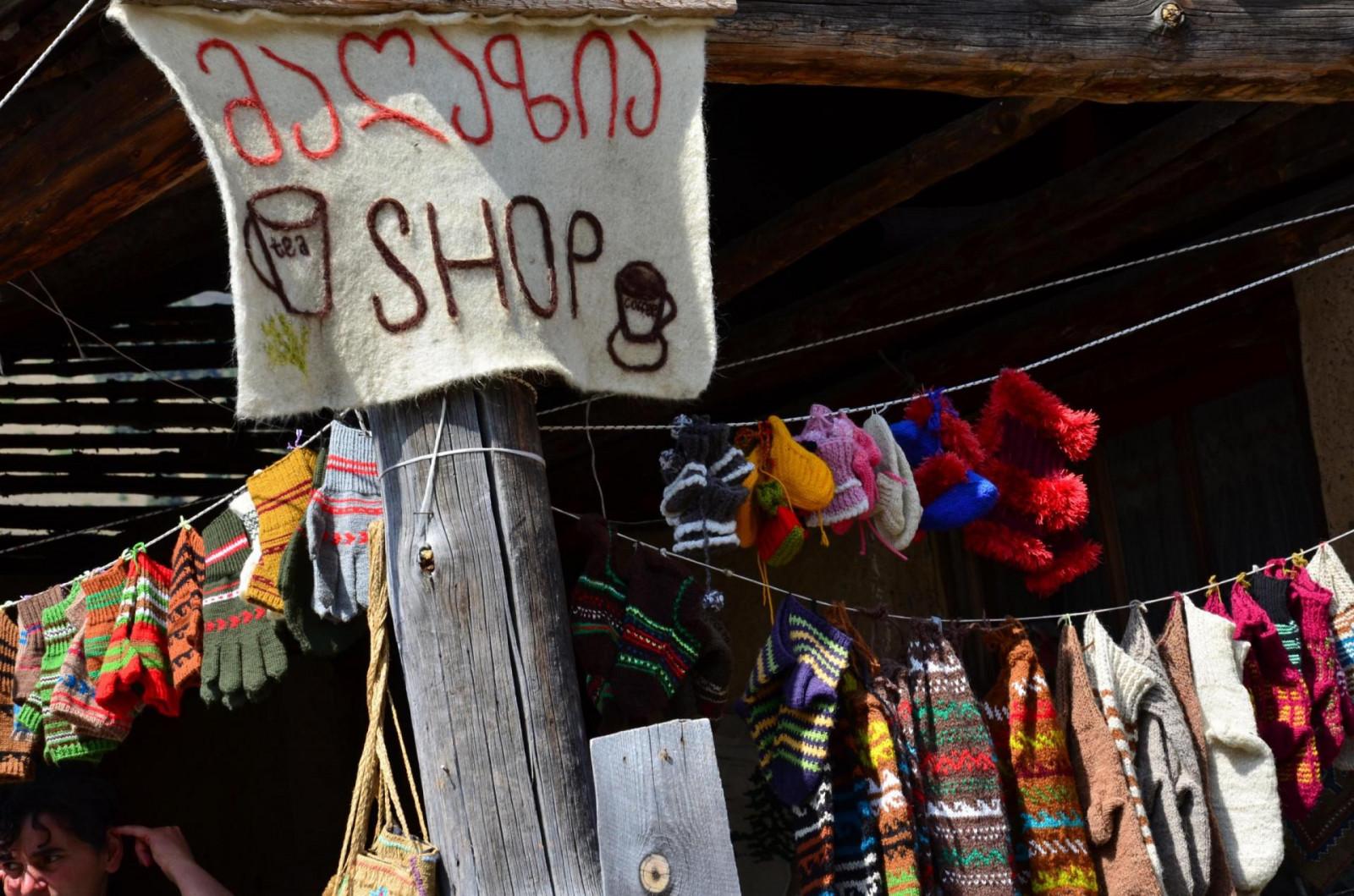


Please login to add a comment
Write a comment